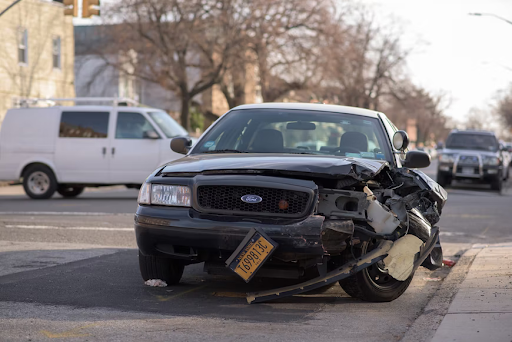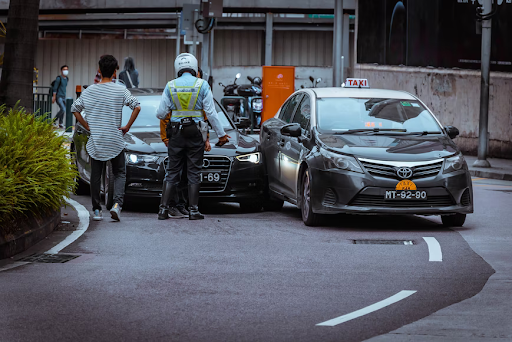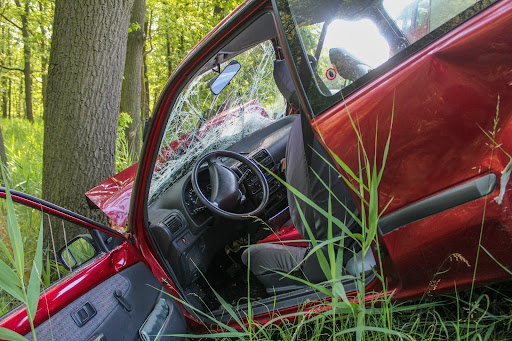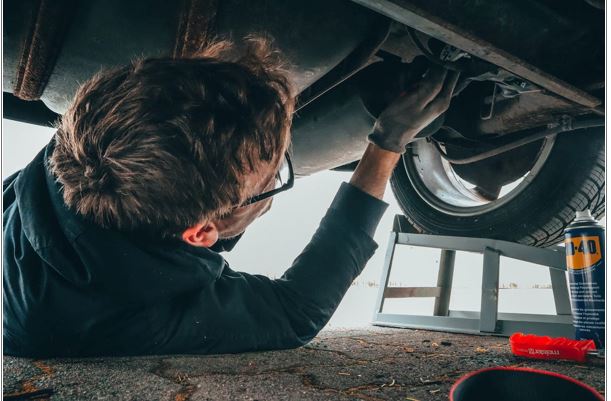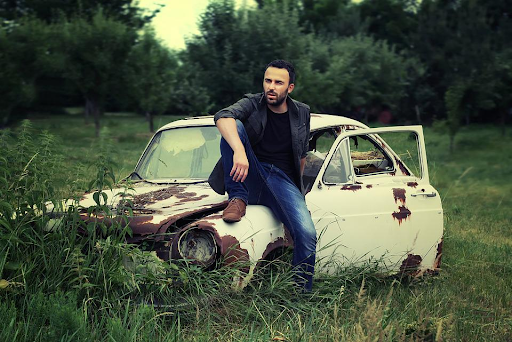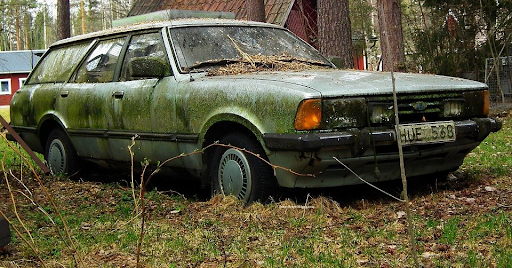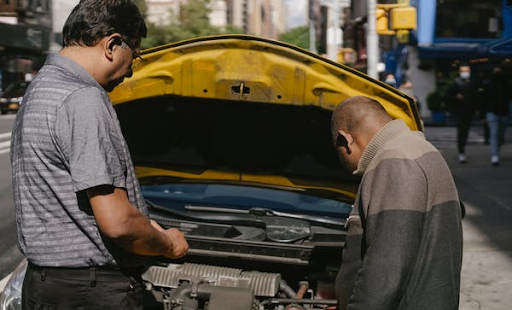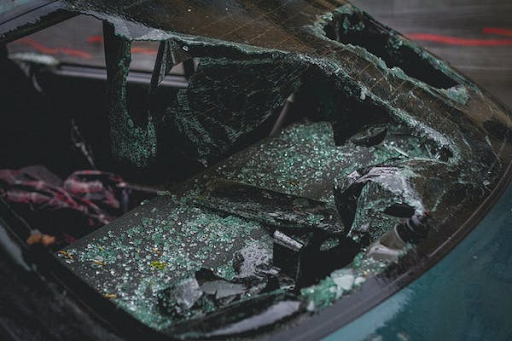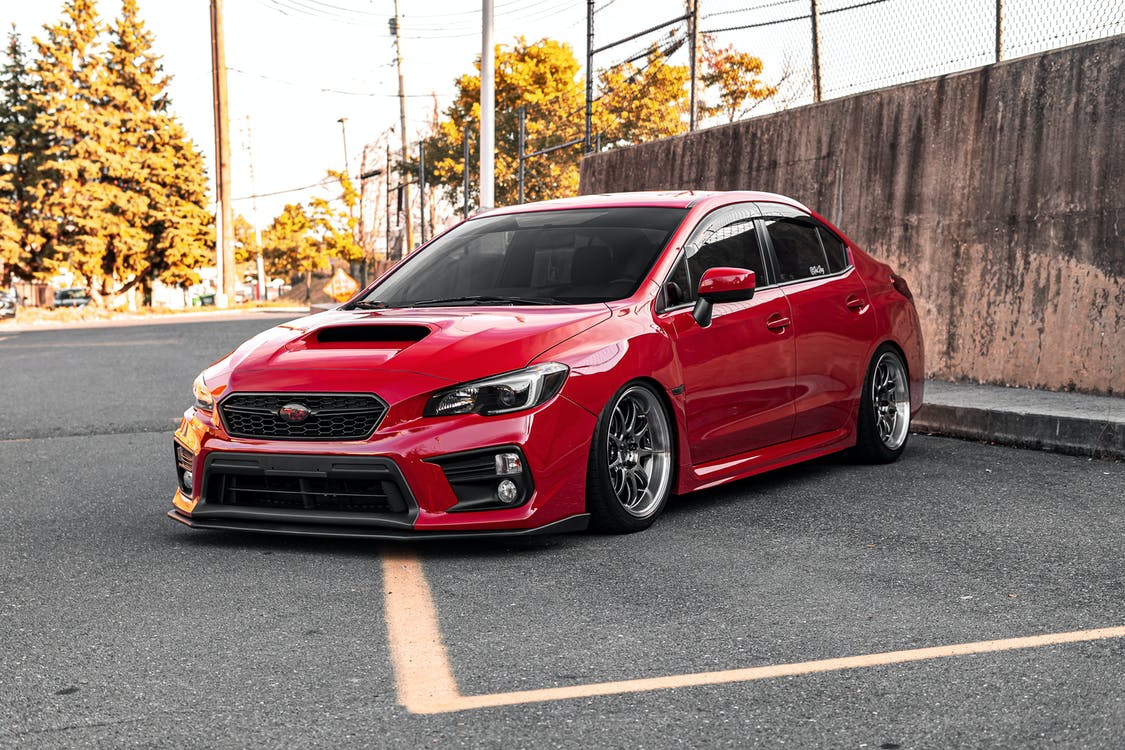6 Useful Tips For Buying A Used Car
When you are looking to buy a used car, it is important to be prepared so that you can make the best possible decision. There are many things that you need to take into consideration, such as the cost of the car, the make and model, and how much money you want to spend. In this blog post, we will provide 6 useful tips for buying a used car. By following these tips, you can be sure that you are getting a great deal on a quality vehicle!
1. Decide what type of car you need and what your budget is
To get started, sit down and think about what type of car you need. Once you have an idea of the size, make, model, and features that are important to you, research average prices for used cars that fit your criteria. This will give you a good starting point for budgeting purposes. If you have a specific car in mind, use an online tool like Kelley Blue Book to get an estimate of what the car is worth. This will give you a good idea of how much you should expect to pay for a used version of that particular car. Keep in mind that your budget should not just include the purchase price of the car, but also things like insurance, gas, and maintenance. Once you have a good idea of what you can afford, you can start shopping around for used cars that fit your budget.
2. Do your research – look online, read reviews, and compare prices
When you’re looking for a used car, it’s important to do your research and be as informed as possible. Look online for reviews of the make and model you’re interested in, read articles about common problems with specific cars, and compare prices. This will give you a good idea of what to expect when you start shopping for cars. If, for instance, you live somewhere in Minneapolis, there are used cars Minnesota has available that are in excellent condition and at a great price. Just have to be patient in finding the right one for you. Another good way to research cars is to talk to people you know who have recently purchased a used car. Ask them about their experience, what they liked and didn’t like about the car, and if they would recommend it to you. This can give you some great insight that you might not be able to get from reading reviews online. Finally, when you’re ready to start looking for cars, be sure to visit a few different dealerships or private sellers. This will give you a better idea of what’s available and at what price. It’s also a good way to see how negotiable the prices are. If you have your heart set on a particular car, be sure to visit multiple dealerships that sell that make and model to get the best price.
3. Inspect the car before buying it – look for any damage or signs of wear and tear
One of the most important things you can do when buying a used car is to inspect it thoroughly before making a purchase. Look for any damage or signs of wear and tear, as these can indicate serious problems that may not be immediately apparent. If possible, have the car inspected by a qualified mechanic before you buy it. In addition, inspect the car’s interior for any signs of wear or damage. Check the seats, carpeting, and dashboard for any rips, stains, or other damage. If the car has a sunroof, make sure it is in good working condition.
4. Test drive the car to make sure it’s in good condition
Of course, you’ll want to test drive the car before you make a final decision. This will give you a chance to see how the car feels and if there are any obvious problems with it. If you’re not mechanically inclined, you may want to bring along a friend or family member who can help you check under the hood. Even if you are mechanically inclined, it’s always a good idea to have a second opinion. Once you’ve test driven the car and checked it over, you should be able to make a decision about whether or not it’s the right car for you.
5. Ask the seller questions about the car’s history and maintenance records
What kind of questions should you ask?
– How many owners has the car had?
– Have any major repairs been made to the car?
Asking questions about a used car’s history and maintenance records will give you a better idea of what kind of condition the car is really in. If the seller is reluctant to answer your questions or doesn’t have records available, that’s a red flag. Also, be aware of “smoke and mirrors” tactics, like when a seller tries to distract you from a car’s flaws by pointing out its positive features.
6. Get a Car History Report to see if the car has been in any accidents
Last but not least, get a car history report. This will show you if the car has been in any accidents, and can help you make a decision about whether or not to buy it. There are a few different ways to get a car history report, but the easiest way is to use an online service like CarFax or AutoCheck. All you need is the car’s VIN number, and you can get a detailed report in just a few minutes. And, it’s well worth the peace of mind it can provide.
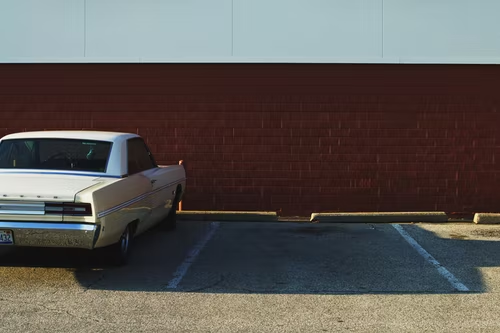
So, there you have it! These are just a few things to keep in mind when you’re shopping for a used car. Do your research, and don’t be afraid to walk away from a bad deal. With these tips in mind, you’re sure to find the perfect car for you. Thanks for reading and good luck!

